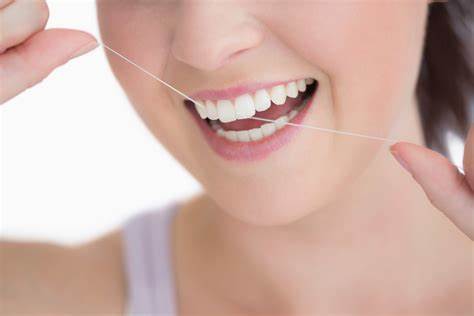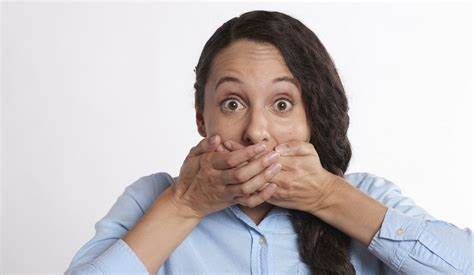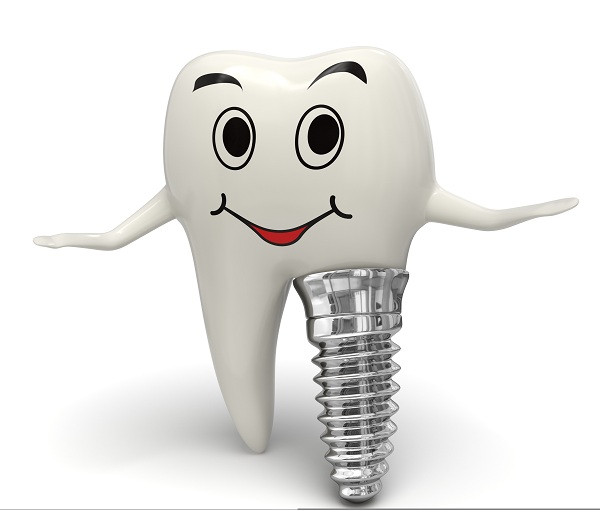Dental anxiety and dental fear: what cause them and how to overcome
For many people, going to the dentist is more than just a disruption to the schedule. Whether it is adults, teenagers or children, many Americans even feel anxious when they visit a dental clinic. In this case, we tend to hear the terms "dental phobia" or "dental anxiety disorder." Surprisingly, however, these two situations are not interchangeable and are independent.
In an article published by the dental company Colgate, it is estimated that 9% to 15% of Americans (by the way, about 30 to 40 million people!) they are overwhelmed by the dentist's office, not at all go with. The British Dental Health Foundation found that 36% of those who visit dentists regularly do not go to fear.
There are so many people who are so upset about dentists, let's discuss the difference between dental phobia and dental anxiety.
Dental anxiety
Among them, dental anxiety is not so serious. Although not so strong, the anxiety of the teeth is still tricky. Those who have this problem will feel uneasy when making an appointment, whether it is an appointment schedule, attendance or other dental related matters. For those with dental anxiety, going to the dentist or anything related to working in the dentist's office is stressful and often results in high levels of stress. Many people with dental anxiety are notorious for rescheduling their appointments.
Dental phobia
Dental phobia is more serious than dental anxiety. In the case of dental phobia, the patient is not only anxious but also really afraid of any activity around the dentist or dental office. This huge fear is so strong that people with dental phobia may not go to the dentist for years, even if they have infections, broken teeth or worse. Often, this intense fear can lead to unintentional degradation of dental health.
What cause dental anxiety and tooth fear?
Both forms of dental discomfort can be caused by different factors. The following are the most common:
Loss of control: Patients may feel that they are unable to control their situation and may become anxious or panicked. They can't directly see what's going on in the mouth, but there is a predictive edge to the possibility of pain.
An embarrassing dental situation: Sometimes, even professionals, patients feel embarrassed by seeing their teeth. They may think that their teeth are not adequately cared for; they expect a judgement or laughter staff, and may even feel embarrassed because they have not worked in a dental clinic for many years.
In an article published by the dental company Colgate, it is estimated that 9% to 15% of Americans (by the way, about 30 to 40 million people!) they are overwhelmed by the dentist's office, not at all go with. The British Dental Health Foundation found that 36% of those who visit dentists regularly do not go to fear.
There are so many people who are so upset about dentists, let's discuss the difference between dental phobia and dental anxiety.
Dental anxiety
Among them, dental anxiety is not so serious. Although not so strong, the anxiety of the teeth is still tricky. Those who have this problem will feel uneasy when making an appointment, whether it is an appointment schedule, attendance or other dental related matters. For those with dental anxiety, going to the dentist or anything related to working in the dentist's office is stressful and often results in high levels of stress. Many people with dental anxiety are notorious for rescheduling their appointments.
Dental phobia
Dental phobia is more serious than dental anxiety. In the case of dental phobia, the patient is not only anxious but also really afraid of any activity around the dentist or dental office. This huge fear is so strong that people with dental phobia may not go to the dentist for years, even if they have infections, broken teeth or worse. Often, this intense fear can lead to unintentional degradation of dental health.
What cause dental anxiety and tooth fear?
Both forms of dental discomfort can be caused by different factors. The following are the most common:
Loss of control: Patients may feel that they are unable to control their situation and may become anxious or panicked. They can't directly see what's going on in the mouth, but there is a predictive edge to the possibility of pain.
Pain: This may be the number one cause of tooth anxiety and fear. If the previous events caused the patient suffering, or even any pain, even if they quickly recovered from the pain, they still remembered and feared the repetition.
Less than ideal dental experience in the past: Like pain, and often caused by past pain, patients remember that we were hurt or hurt. Whether they have ever suffered an inhuman bill or a dentist's trauma, patients tend to use fear as a mechanism to protect themselves from these uncomfortable events.
An embarrassing dental situation: Sometimes, even professionals, patients feel embarrassed by seeing their teeth. They may think that their teeth are not adequately cared for; they expect a judgement or laughter staff, and may even feel embarrassed because they have not worked in a dental clinic for many years.
YOU MAY ALSO LIKE







